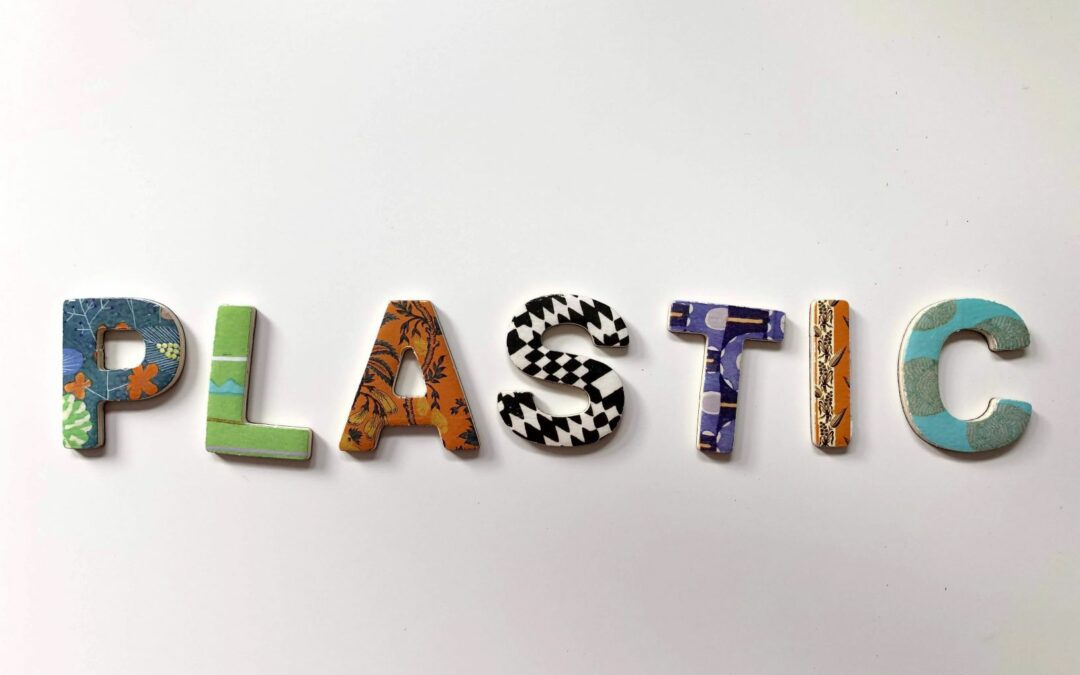Millions of people across the globe are participating in Plastic Free July, a personal challenge which is part of a global effort to reduce single-use plastic waste and act towards a world free from plastic pollution. While it’s true that COVID-19 has slowed Canada’s fight against single-use plastics, and the International Solid Waste Association estimates that single-use plastic use has increased by 250-300 per cent during the pandemic, activists and communities across the country aren’t giving up. Cities like Nanaimo, Barrie, and Moncton have introduced a ban on single-use plastic checkout bags, and there are great initiatives like Banff Isn’t Disposable which prevent the need for single-use take-out containers from restaurants.
Plastic has a number of negative effects on the environment. Most notably:
Virtually all plastics are made from chemicals sourced from fossil fuels. Because of this, consumer demand for plastic products is synonymous with a demand for fossil fuel extraction. Reducing our use of plastics is an important component for moving toward carbon neutral.
“Reducing our use of plastics is an important
component for moving toward carbon neutral”
Because plastic is designed to last, it can take hundreds of years to break down – if at all. Nearly all plastic ever created still exists in some form today. As a result, our landfills, our land, and our oceans are filling up with plastic.
Toxic chemicals including phthalates and bisphenols in plastic can get into your food. These chemicals have been associated with diabetes, obesity, behaviour changes, reproductive difficulties, birth defects, and cancers.
Not all plastic is recyclable. Some recycling facilities can only process certain types of plastic, and contamination of recyclables in common. In Canada, only 9% of plastic waste is successfully recycled. To reduce the environmental and health risks of plastic, we all need to shift our habits to rely less on this material.
“In Canada, only 9% of
plastic waste is recycled”
While Canada’s Federal ban on single-use plastics may not come into effect for some time, individuals (like you!) can still take personal actions to reduce plastic waste in your community. Because plastic waste is prevalent in so many aspects of our lives, from plastic wrapped produce to single-use straws, take-away containers, coffee cups, cutlery, many people are not conscious of how much plastic waste they might generate in a month. Let’s take a look at some of the most common examples of single-use plastic waste, and their eco-friendly alternatives.
Shopping Naked
Fruits, vegetables, and bulk groceries are often unnecessarily wrapped in plastic, or packaged in Styrofoam shells. Try shopping for “naked” produce. If you choose to buy meat – ask your butcher to use paper instead of plastic, or find a butcher that will allow you to bring your own container in order to save waste.
Food Matters
Store your leftovers in glass, ceramic, or steel containers. Replace your plastic cling wrap with wax wraps, reusable cloth, silicone bowl toppers, or just a simple plate.
BYO-Everything
Bring your own reusable bag- not just for groceries, but for all shopping. Reusable straws, water bottles, and coffee containers (once COVID restrictions allow for it) can save a lot of waste. Put together a cutlery-to-go bag and avoid getting plastic forks and knives at the take-away. The options here are really limitless!
Getting Personal
Personal care products are a common blind spot for plastic waste; there are plastic-free toothbrush options, alternatives to tampons and pads, soaps and body products that come without the added baggage of plastic bottles and wraps.
Get Social
You don’t have to go at it alone! There are environmentally conscious community groups that encourage eco-activism, resource trading and sharing such as “Buy Nothing” groups online, clothing swaps / exchanges, plastic-free workshops and community clean-ups! Don’t see an event or group in your community? Lead by example and start a Facebook page or organize a neighbourhood event.
Plastic Free July is an opportunity to take stock of the plastic waste in your life, do something good for the environment, and encourage your community to act on a greener future for everyone.
Looking to go one step further? Check out our Personal Actions page for information about climate change and human health, and actions you can take to reduce your exposure to toxic chemicals. Plastic Free July also has a great list of single-use plastic alternatives.


Recent Comments